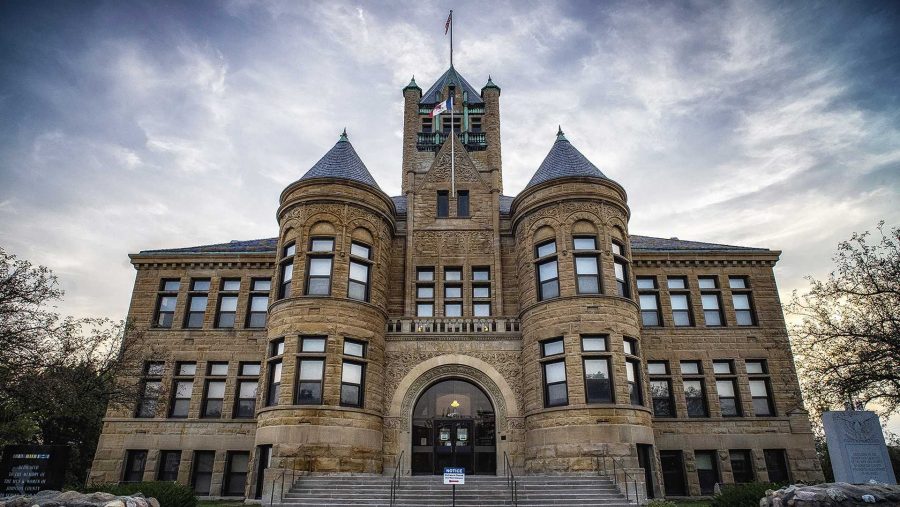Johnson County’s eponym is not a reflection of today’s ideals, supervisors say.
By Kayli Reese
As conversations take place across the nation regarding issues of keeping statues that either represent history or hate, the Johnson County supervisors are taking a look at the eponym of the county.
Johnson County Supervisor Rod Sullivan recently read a book about Richard Mentor Johnson, the ninth vice president of the United States under Martin Van Buren. Johnson County is named after him, Sullivan said, in addition to eight other counties across the United States.
“[When reading], I struggled with the cavalier attitude he had toward slaughtering Native Americans,” Sullivan said.
Around the time white people began colonizing Iowa, he said, Johnson was very popular with the people. Johnson became vice president after spending 30 years in the U.S. House of Representatives and the U.S. Senate. He served as vice president from 1837 to 1841.
In addition to a political career, Johnson was a slave owner who had served as colonel in the War of 1812. Though historians are not precisely sure, Johnson was given “credit” at the time for killing Shawnee chief Tecumseh.
Sullivan said he brought the matter to attention not to formally change Johnson County’s name but as a way for people to further look at history to understand who historical figures were, what they did, and how things have changed over time.
“What was good in 1825 is not the same as what’s good today,” he said.
County Supervisor Mike Carberry said he is not in favor of changing Johnson County’s name, but he does not support the ways of the man the county is named after.
Carberry also said he appreciates Sullivan’s research on Johnson and his education to county residents on the eponym.
History cannot be rewritten, he said, and no matter how unsavory Johnson’s character may be seen by today’s societal standards, our county was named after him. He also noted the county does not have any statues or other forms of memorial honoring Johnson.
“History is history, and you can’t change that,” Carberry said. “But we can learn from history and try not to repeat some of the mistakes of our forbearers.”
University of Iowa sophomore Nicole Elgin said she would be in favor of discussing a change.
In the same vein of the conversations following the Confederate statue debate in the Southern United States, she said, evaluating history and taking a stand on th e ideas it reflects should be considered.
“If [statues or namesakes] are representing someone doing harm in society, even if it wasn’t considered harmful then, they should be taken down,” she said.
By taking these types of things away, Elgin said, we spread a more positive message across the country on what we stand for.
Sullivan said he does not see this conversation progressing further. The Johnson County community does not seem interested in further evaluating the eponym, he said.
The country is in a similar division over the Confederate-statue debate, he said, and people view this the same way.
“People don’t want to deal with history,” Sullivan said.







